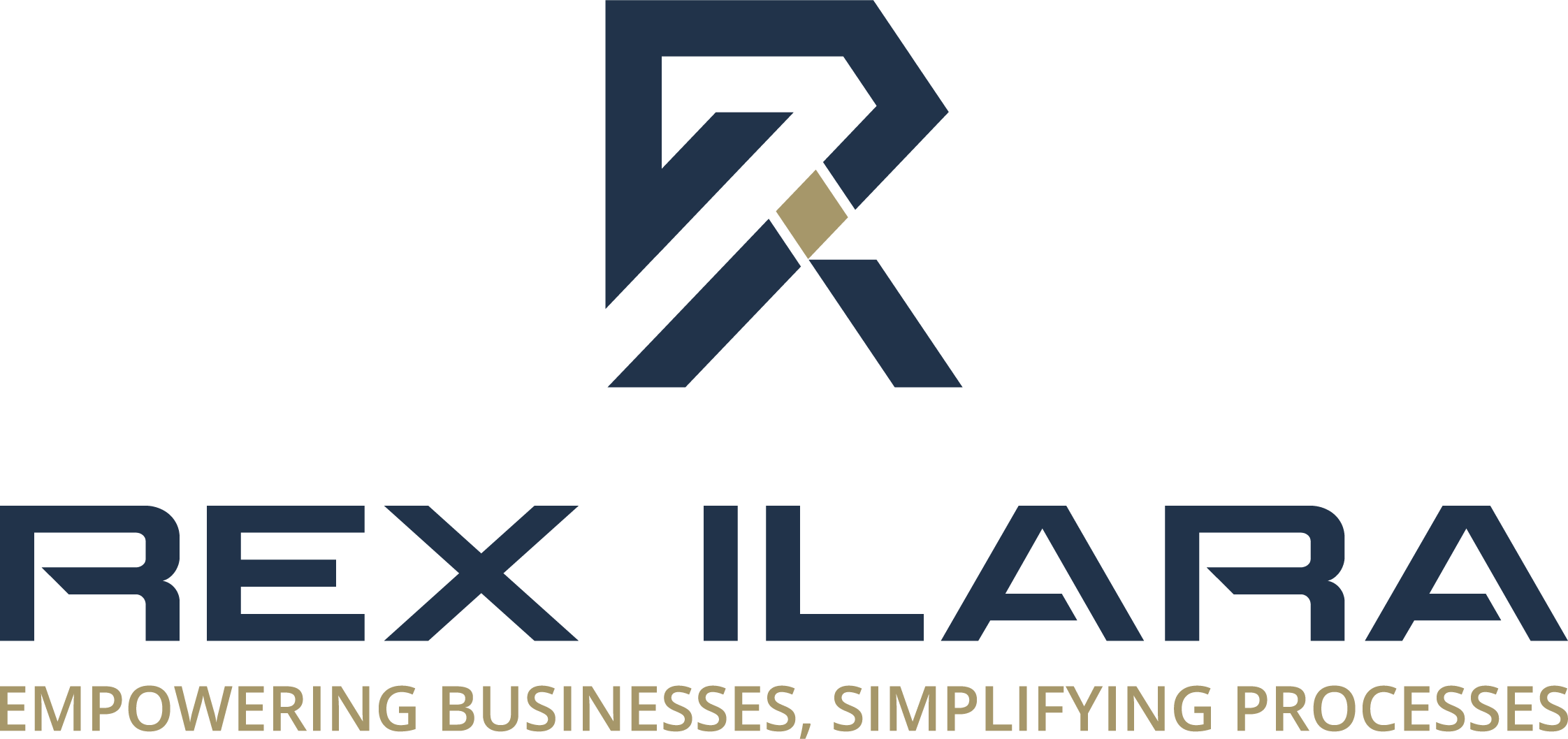Government agencies are tasked with delivering essential services to citizens efficiently and effectively. However, they often face challenges like budget constraints, aging infrastructure, talent shortages, and increasing citizen expectations. In this complex landscape, Business Process Outsourcing (BPO) has emerged as a powerful tool, enabling agencies to optimize operations, improve service delivery, and achieve their strategic goals. This blog post explores why governmental agencies need to embrace BPO for the success of their initiatives and programs.
The Evolving Landscape of Public Service Delivery:
Citizens today expect seamless, digital-first experiences from their government, mirroring the services they receive from private sector companies. This shift in expectations, coupled with the increasing complexity of social and economic issues, puts immense pressure on government agencies to modernize and innovate. Traditional bureaucratic structures often struggle to keep pace, leading to inefficiencies, delays, and frustrated citizens.
What is Business Process Outsourcing (BPO)?
BPO involves contracting specific business processes to external service providers. For government agencies, this can range from simple tasks like data entry and call center operations to more complex functions like IT management, payroll processing, and even program administration. By leveraging the expertise and resources of specialized BPO providers, agencies can free up internal resources to focus on core functions and strategic initiatives.
Benefits of BPO for Government Agencies:
The advantages of BPO for government agencies are multifaceted and can significantly impact their performance and effectiveness:
- Cost Savings: One of the most compelling reasons for adopting BPO is cost reduction. Outsourcing non-core functions can eliminate the need for significant capital investments in infrastructure and technology. It also reduces personnel costs associated with hiring, training, and managing in-house staff for specialized tasks. BPO providers often benefit from economies of scale, allowing them to offer services at a lower cost than agencies could achieve internally.
- Improved Efficiency and Productivity: BPO providers specialize in specific processes and have refined their workflows over time. They leverage best practices, advanced technologies, and skilled personnel to deliver services more efficiently and effectively. This can lead to faster turnaround times, reduced errors, and improved overall productivity for government agencies.
- Enhanced Service Delivery: By outsourcing citizen-facing processes like call centers and online portals, agencies can provide better and more responsive services. BPO providers often operate 24/7, ensuring that citizens can access information and support whenever they need it. They can also handle fluctuations in demand more effectively, ensuring consistent service levels even during peak periods.
- Access to Specialized Expertise: Government agencies often struggle to attract and retain talent in specialized areas like IT, cybersecurity, and data analytics. BPO provides access to a pool of highly skilled professionals who possess the expertise and experience needed to manage complex processes. This allows agencies to tap into specialized skills without the burden of recruitment and training.
- Focus on Core Functions: By outsourcing non-core functions, government agencies can free up internal resources to focus on their core mission and strategic priorities. This allows them to allocate their limited resources more effectively and concentrate on activities that directly impact citizens.
- Increased Flexibility and Scalability: BPO provides greater flexibility and scalability, allowing agencies to quickly adapt to changing needs and demands. Whether it’s scaling up operations for a new program or scaling down during periods of reduced activity, BPO providers can adjust their services accordingly.
- Enhanced Security and Compliance: BPO providers often have robust security measures in place to protect sensitive data. They are also well-versed in relevant regulations and compliance requirements, ensuring that government agencies remain compliant with all applicable laws and policies.
- Innovation and Technology Adoption: BPO providers are often at the forefront of technological advancements and innovation. By partnering with them, government agencies can gain access to cutting-edge technologies and best practices, enabling them to modernize their operations and improve service delivery.
Examples of BPO in Government:
- Citizen Call Centers: Handling citizen inquiries, providing information about government services, and resolving complaints.
- IT Management: Managing IT infrastructure, providing technical support, and ensuring cybersecurity.
- Payroll Processing: Processing employee salaries, managing benefits, and ensuring compliance with tax regulations.
- Data Entry and Management: Digitizing paper records, managing databases, and ensuring data quality.
- Program Administration: Managing applications for government programs, processing benefits, and tracking outcomes.
Challenges and Considerations:
While BPO offers numerous benefits, government agencies must also consider potential challenges:
- Data Security and Privacy: Ensuring the security and privacy of citizen data is paramount. Agencies must carefully vet BPO providers and establish strict data governance protocols.
- Contract Management: Developing clear and comprehensive contracts is essential to ensure that BPO providers meet performance expectations.
- Communication and Collaboration: Effective communication and collaboration between government agencies and BPO providers are crucial for successful implementation.
- Change Management: Implementing BPO may require significant changes to internal processes and workflows. Agencies must effectively manage these changes to minimize disruption.
Conclusion:
In an era of increasing complexity and citizen expectations, BPO has become an indispensable tool for government agencies seeking to improve efficiency, enhance service delivery, and achieve their strategic goals. By strategically outsourcing non-core functions, agencies can free up resources, access specialized expertise, and focus on their core mission of serving the public. While careful planning and execution are essential, the benefits of BPO far outweigh the challenges, making it a critical strategy for modernizing government and ensuring its continued success. Embracing BPO is not just about cutting costs; it’s about building a more agile, responsive, and citizen-centric government for the future.



